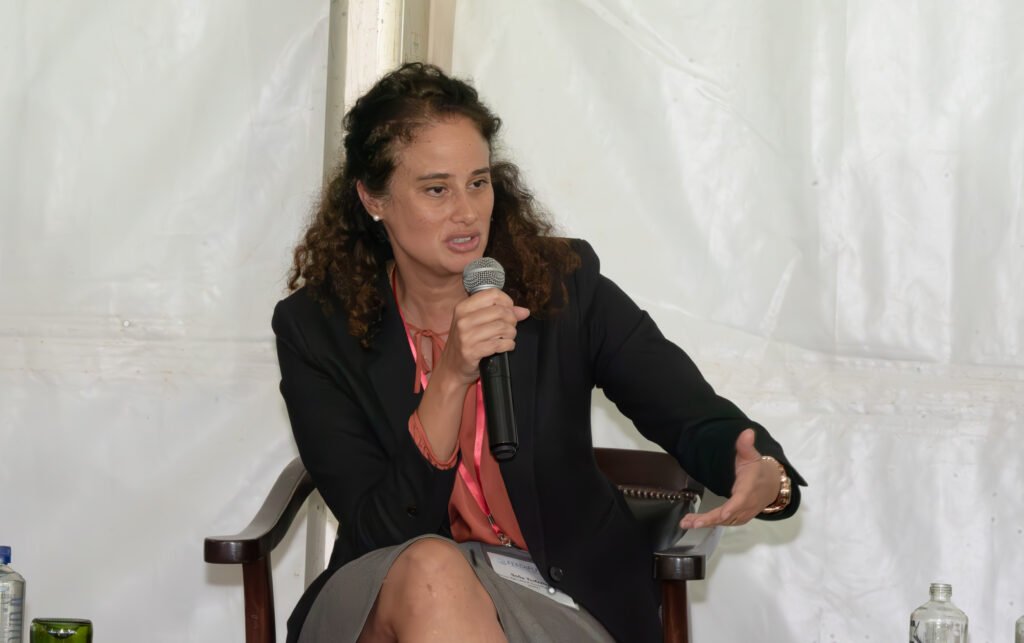Sofia Tesfazion, the Director, Resource Mobilization at AATF, said bundling or aggregating solutions, as opposed to isolated interventions, would ensure projects achieve sustainable outcomes and greater impact with less financing. ‘‘Given the limited climate finance coming to Africa, Africa requires projects that address multiple facets,’’ Tesfazion said during a panel discussion on climate mitigation systems at the 2023 Feed the Future Innovation Labs Regional Partners’ Meeting held in Nairobi in May. “This strategic shift is a significant step forward in the battle against impacts of climate change, promising a brighter future for Africa’s vulnerable farming communities.”
Africa faces a disproportionate burden of the adverse effects of climate change despite being responsible for only 3.0 percent of global emissions. But the continent only receives 10 percent of what it requires for climate action. Tesfazion also called for the strengthening of the circular economy programming capacity, noting that the current investments are focused on either adaptation or mitigation, thereby losing the cobenefits.

